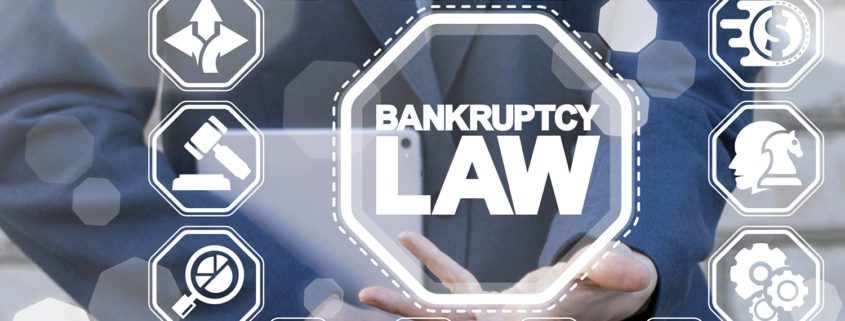What to Expect When Filing for Bankruptcy
Filing for bankruptcy can be a daunting process. It is important to understand what to expect before you begin the process, so that you can be better prepared.
The first step in filing for bankruptcy is to meet with a bankruptcy attorney. During this meeting, the attorney will explain the different types of bankruptcy and the potential benefits and drawbacks of each. The attorney will also help you gather all of the necessary documents that must be filed with the court.
Once you have decided which type of bankruptcy to file, you will need to complete a bankruptcy petition. This document contains information about your finances, including income, assets, and debts. You will also need to provide evidence of your financial situation, such as bank statements and other documents. The petition must be signed under penalty of perjury, so it is important to make sure that all of the information is accurate.
Once the petition is filed, it is sent to the court for review. Once the court reviews the petition, it will issue an order granting the bankruptcy and the court will appoint a trustee who will oversee the process. The trustee is responsible for gathering and distributing assets and debts in accordance with the bankruptcy laws.
Next, creditors will be notified of the bankruptcy filing. They will also be asked to submit a proof of claim form that outlines the amount of money they are owed. Creditors can choose to contest the debt, or they may agree to accept the amount proposed by the trustee.
Once all of the creditors have been notified and their claims have been resolved, the court will issue a discharge order. This order will discharge all of the debts included in the bankruptcy. This means that the debts will no longer be owed and creditors cannot take any further action to collect the debts.
It is important to understand that filing for bankruptcy does not necessarily erase all of your debts. Some debts, such as student loans, are not dischargeable in bankruptcy. Additionally, filing for bankruptcy may have an impact on your credit score, so it is important to weigh the pros and cons before deciding to file.
Filing for bankruptcy is a serious decision, and it is important to understand the process before beginning. With the right preparation and guidance, filing for bankruptcy can be a viable option for those struggling with unmanageable debt.




Leave a Reply
Want to join the discussion?Feel free to contribute!